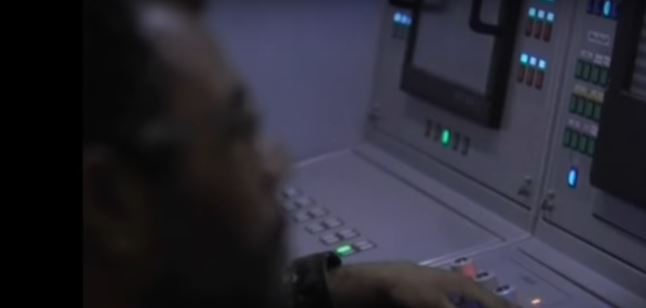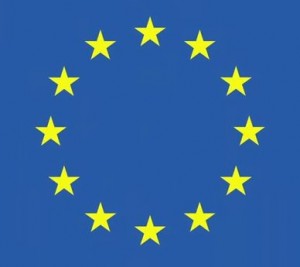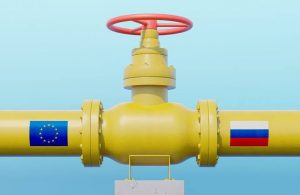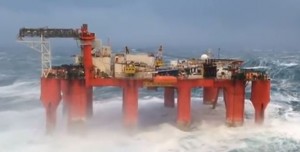
BBC News: Whistleblowers across the European Union have won greater protection under landmark legislation aimed at encouraging reports of wrongdoing.
The new law, approved by the European Parliament on Tuesday, shields whistleblowers from retaliation.
It also creates “safe channels” to allow them to report breaches of EU law.
It is the first time whistleblowers have been given EU-wide protection.
The rules have previously been in the hands of member states, resulting in a range of vastly different approaches.
The law was approved by 591 votes, with 29 votes against and 33 abstentions.
What does the law say?
The new legislation gives whistleblowers who report breaches of EU law a “high level of protection”.
It establishes “safe channels” for reporting the information, both within an organisation and to public authorities.
If no appropriate action is taken or in cases where reporting to the authorities would not work, whistleblowers are permitted to make a public disclosure – including by speaking to the media.
The law protects whistleblowers against dismissal, demotion and other forms of punishment.
National authorities are required to train officials in how to deal with whistleblowers under the legislation.
Why was it introduced?
The legislation says whistleblowers play a “key role” in preventing breaches of EU law and protecting society.
But, it argues, “potential whistleblowers are often discouraged from reporting their concerns or suspicions for fear of retaliation.”
“We should protect whistleblowers from being punished, sacked, demoted or sued in court for doing the right thing for society,” European Commission Vice President Frans Timmermans said.
“This will help tackle fraud, corruption, corporate tax avoidance and damage to people’s health and the environment.”
Transparency International has said the “pathbreaking legislation” will also give employers “greater legal certainty around their rights and obligations”.
High-profile leaks
- LuxLeaks: Whistleblowers working for PricewaterhouseCoopers leaked documents exposing favourable tax arrangements offered by Luxembourg to some of the world’s biggest companies while European Commission President Jean-Claude Juncker was prime minister.
- Paradise Papers: Millions of financial documents were leaked, detailing offshore tax-avoidance schemes. The papers revealed details about how the ultra-wealthy secretly invest cash in offshore tax havens.
- Cambridge Analytica: The British data analytics company was accused of harvesting the personal data of millions of Facebook users without their consent.
- Panama Papers:About 11 million confidential documents were leaked from a Panamanian law firm, showing how it helped clients to launder money, dodge sanctions and evade tax.
What were the previous rules on whistleblowing?
Laws on whistleblowing were previously handled by the individual member states, resulting in major differences in legislation across the bloc.
The European Commission says just 10 members – France, Hungary, Ireland, Italy, Lithuania, Malta, the Netherlands, Slovakia, Sweden and the UK – had a “comprehensive law” protecting whistleblowers.
Has everyone supported the legislation?
During the talks, some states sought to water down the legislation.
Luxembourg, Ireland and Hungary wanted tax matters to be excluded, but they were ultimately retained, according to Reuters.
If member states fail to properly implement the law, the European Commission can take formal disciplinary steps against the country and could ultimately refer the case to the European Court of Justice.




